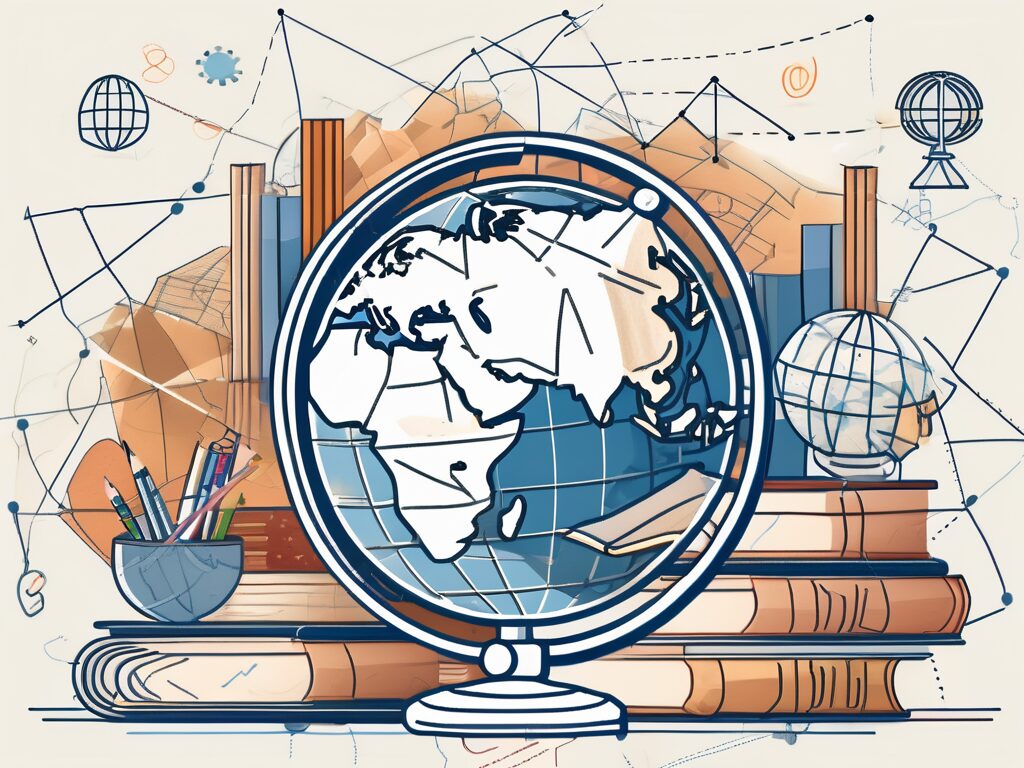In today’s interconnected world, the boundaries of education are continually expanding. With a Master’s in Education, you can influence the learning journey of students from around the globe, all without leaving the comfort of your home in Thailand. This article will provide you with four essential tips to make this dream a reality.
1. Embrace Technology
Technology has transformed the way we live, work, and learn. In the realm of education, it has opened up new avenues for teaching and learning that were unimaginable a few decades ago. As an educator with a Master’s degree, you are well-equipped to leverage these technological advancements to reach students worldwide.
Online platforms like Zoom, Google Classroom, and Microsoft Teams have made it possible to conduct classes virtually. These platforms not only allow you to interact with students in real-time but also provide tools for sharing resources, giving feedback, and tracking student progress. By mastering these platforms, you can create an engaging and interactive learning environment for your students, irrespective of their geographical location.
Virtual Reality in Education
Virtual Reality (VR) is another technological innovation that is revolutionising education. With VR, you can take your students on virtual field trips to historical sites, museums, or even outer space, all from the comfort of their homes. This immersive learning experience can make your lessons more engaging and memorable for your students.
However, keep in mind that not all students may have access to VR devices. Therefore, it’s essential to provide alternative resources for those students to ensure that no one is left behind.
2. Cultivate Cultural Sensitivity
Teaching students from different parts of the world requires a high degree of cultural sensitivity. Understanding and respecting the cultural backgrounds of your students can foster a more inclusive learning environment.
Start by educating yourself about the cultures of your students. This could involve reading about their countries, watching documentaries, or even interacting with people from those cultures. Remember, the goal is not to become an expert in their culture but to develop an understanding and appreciation of their cultural nuances.
Language Sensitivity
Language is a significant aspect of culture. As an educator, it’s crucial to be mindful of the language barriers that your students might face. For instance, idiomatic expressions that are common in English might not make sense to a non-native speaker. Therefore, strive to use clear and simple language in your lessons.
Furthermore, encourage your students to share their languages and cultures in the classroom. This can not only enhance cultural understanding but also foster a sense of belonging among students.
3. Develop Effective Online Teaching Strategies
Online teaching requires a different set of strategies compared to traditional classroom teaching. As an educator with a Master’s in Education, you have the theoretical knowledge to develop these strategies. However, practical application is key.
One effective strategy is to use a variety of teaching methods to cater to different learning styles. For instance, visual learners might benefit from videos and infographics, while auditory learners might prefer podcasts and lectures. By diversifying your teaching methods, you can ensure that all students can grasp the concepts effectively.
Engaging Students Online
Keeping students engaged in an online setting can be challenging. However, there are several strategies you can employ. For instance, incorporating interactive elements like quizzes, polls, and group discussions can make your lessons more engaging. Additionally, providing timely feedback can motivate students and help them improve.
Remember, online teaching is not about replicating the traditional classroom experience. Instead, it’s about leveraging the unique advantages of the online platform to enhance learning.
4. Pursue Continuous Professional Development
As the field of education evolves, it’s crucial for educators to keep up with the latest trends and developments. This is especially true for online teaching, where new tools and techniques are continually emerging.
Professional development can take many forms, from attending webinars and conferences to enrolling in online courses. These opportunities not only allow you to learn new skills but also provide a platform to network with other educators and share best practices.
Joining Professional Networks
Joining professional networks can be a valuable source of support and inspiration. These networks can provide you with resources, advice, and feedback to enhance your teaching practice. Furthermore, they can offer a sense of community, which can be particularly beneficial for online educators who might feel isolated.
In conclusion, with a Master’s in Education, you have the potential to make a global impact from your home in Thailand. By embracing technology, cultivating cultural sensitivity, developing effective online teaching strategies, and pursuing continuous professional development, you can provide a high-quality education to students worldwide.
Advance Your Global Teaching Career with iQTS
Ready to elevate your teaching career to the next level? The IQTS at UWE offers the International Qualified Teacher Status (iQTS) Programme, specifically designed to enhance your professional development and prepare you for the global educational landscape. By joining the iQTS programme, you’ll not only increase your chances of interview callbacks and promotions but also connect with an extensive professional community, gain a deep understanding of international curricula, and enjoy the flexibility to balance work with study. Don’t let barriers hold you back. Make Your Next Step towards a more fulfilling and impactful teaching career today.

